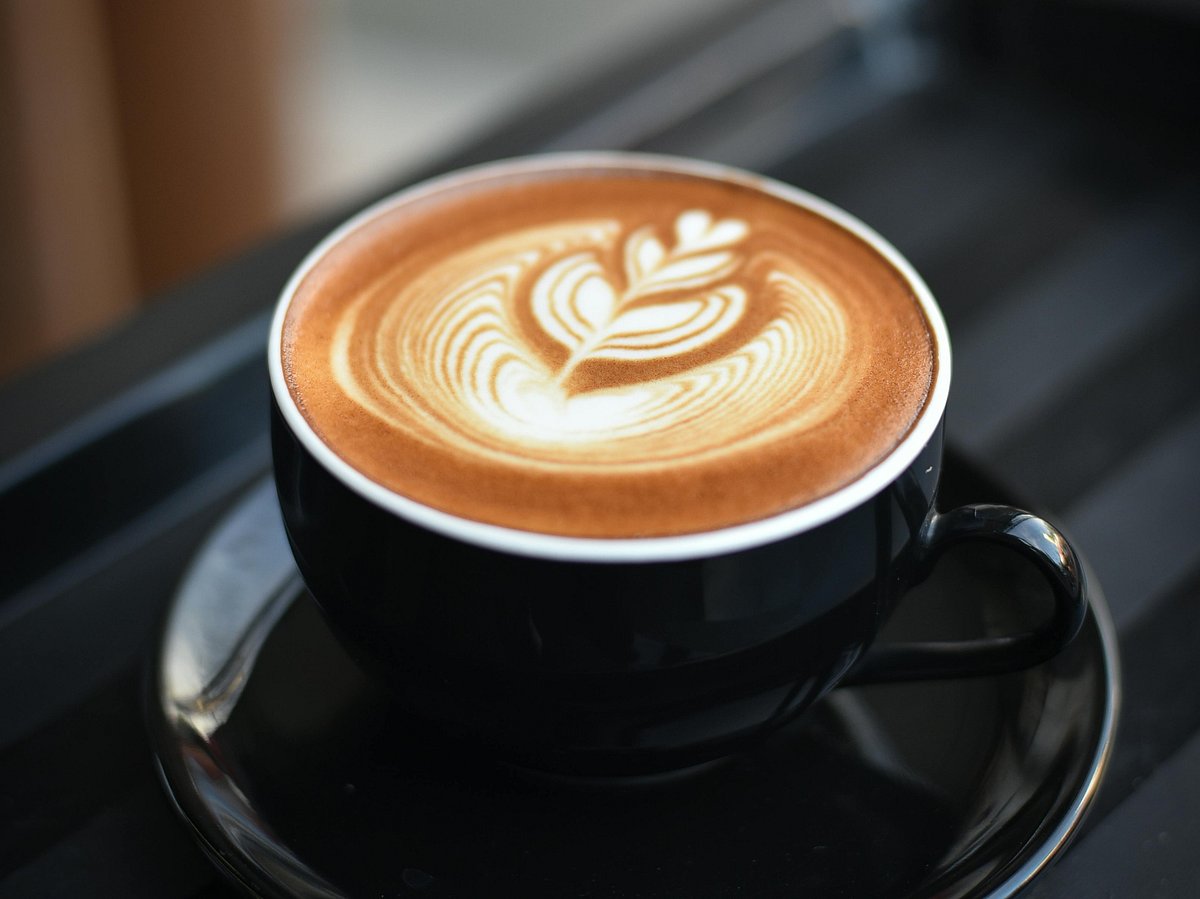Your gut doesn’t need a TikTok challenge: Nutritionists warn against protein coffee and other ‘GutTok’ fads
TikTok is flooded with DIY-gut healing smoothies and other unhealthy trends

What has TikTok not given us? Dance, makeup hacks, and a lot of life lessons. However, when it comes to food fads, the app is basically a chaotic buffet; some bites are good for you, others leave you bloated, cranky and wondering why you ever trusted someone blending protein powder into their morning coffee.
So, weighing in on some of the unhealthiest trends, just in case you ever felt inspired to try.
GutTok: The trend that puts your stomach on edge
The term isn’t appetising, and the trend even less so. Nevertheless, Mitun De Sarkar, a clinical dietician and founder of Simply Healthy explains what it is. As she says, the term has overwhelmed TikTok, and now there are videos of kombucha-making, fermented foods, DIY ‘gut-healing’ smoothies, supplements and influencers sharing personal gut journeys. “It’s not just about bloating or digestion—your gut influences your immunity, hormones, skin, mood, even your mental clarity,” explains Sarkar.
So yes, this trend is rooted in something very real. The catch: Not everything trending online tells the full story, and that’s where the confusion starts.
Gut Tok myths you need to unfollow
Like any trend, GutTok comes with its own pile of myths. Sarkar doesn’t mince words:
'Take a probiotic and your gut is fixed? No.'
Probiotics aren’t a one-size-fits-all magic pill. Strains matter. Timing matters. Basically, there’s more science here than TikTok admits.'Celery juice or ACV cures everything.'
Sarkar breaks that myth too: “Your gut-healing isn’t a 7-day juice cleanse.”'Bloating means something’s wrong.'
“Sometimes bloating just means you ate beans, chickpeas, or a hearty salad. It’s not a crisis—it’s lunch,” she says.“You need to do a gut cleanse.”
Please, no. Coffee enemas and colon hydrotherapy are not the answer. Your body already knows how to detox.
What actually works
According to Sarkar, gut healing is a slow burn, not a TikTok “before-and-after” montage. What really helps:
Fibre (veggies, fruits, oats, lentils, flaxseeds).
Resistant starch, and that means cooled oats, potatoes, rice, green bananas.
Fermented foods, for example, yogurt, kefir, kimchi, sauerkraut.
Prebiotic-rich foods, such as garlic, onions, oats, bananas, legumes.
Colourful plates (hello, antioxidants).
Hydration.
Exercise variety.
Less stress, better sleep. And we mean around 8 hours.
Basically: Eat real food, sleep like a human, and don’t let TikTok talk you into a colon cleanse.
Proffee: The coffee protein pitfall
If GutTok wasn’t enough, TikTok has also birthed “proffee” (protein coffee).
In fact, protein powders can harbour bacteria if left in warm environments, especially when mixed with milk. Leaving a protein coffee in your car or gym bag all day isn’t just unappetising—it could lead to food poisoning, warns Mark McShane of Food Hygiene Certificate.
Beyond hygiene nightmares, proffee can also:
Over-caffeinate you into jittery chaos.
Load you with hidden sugars.
Trigger allergies if you’re sensitive to whey, soy, or nuts.
Wreck your gut if you already struggle with digestion.
Consumer advice: Drink it fresh, check labels, and for the love of all things caffeinated, don’t leave it festering in your gym bag.
Other TikTok offenders
Brenda Madole, Registered Dietitian at MyOrThrive, lists a few more viral disasters:
Cottage cheese ice cream: Basically dessert disguised as health food.
Juice cleanses: Hello, nutrient deficiencies.
Weird food pairings (peanut butter on eggs, fruit with cheese): Sluggish digestion incoming.
Sugar-heavy smoothies: A 'spike and slump' rollercoaster in a glass.
Even “everyday healthy” foods can backfire. Flavoured instant oats? More sugar than a doughnut. Low-fat salad dressings? No fat, no vitamin absorption. Herbal teas in the morning? Say hello to nap time.
Madole’s advice: “If you’re bloated, foggy, or struggling to stay awake 30–60 minutes after eating, the meal was probably unbalanced. Pair slow carbs with lean protein and healthy fat for lasting energy.”
The verdict
TikTok can make gut health look like a DIY project and proffee like a magic bullet—but your body isn’t an algorithm.
Sarkar sums it up best: “You don’t need to fix your gut overnight. Healing takes time. That ‘perfect’ smoothie won’t solve chronic bloating, especially if stress and sleep are off. Your gut is unique—personalization is key.”
So next time TikTok tells you to shotgun a gut reset juice, remember: your stomach deserves better than a trend.
Network Links
GN StoreDownload our app
© Al Nisr Publishing LLC 2026. All rights reserved.